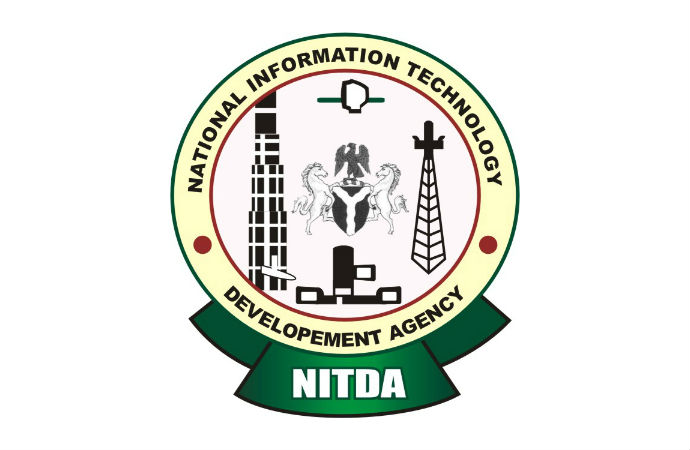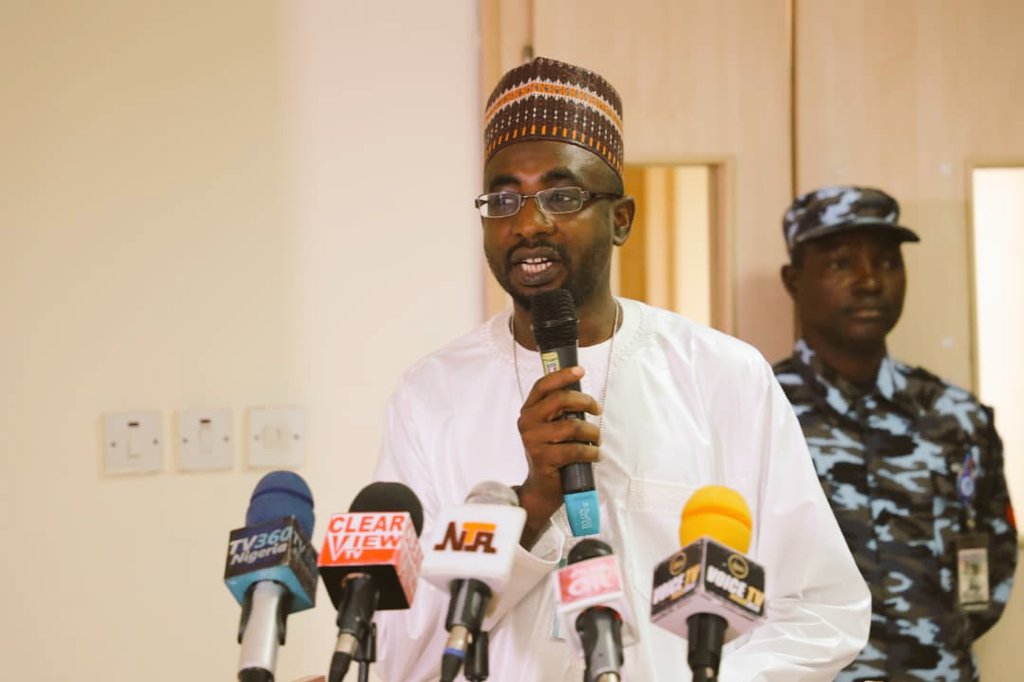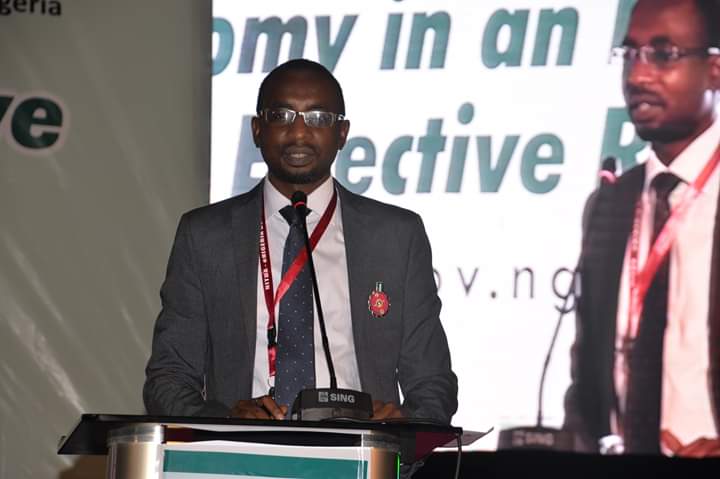Malam Kashifu Inuwa, the Director-General of the National Information Technology Development Agency (NITDA) says the agency aims to train more than 10 million Nigerians on digital literacy annually.
Inuwa disclosed this on Wednesday at a three-day digital literacy skills’ training for public servants in Abuja.
The training workshop tagged “the Digital Literacy For All (DL4ALL)’’ was organised by NITDA in collaboration with the Office of the Head of Civil Service of the Federation in Abuja.
The NITDA D-G said, “Every year, we want to train at least 10.3 million Nigerians on digital literacy and we are also looking at developing the readiness of our workforce.’’
He said that the agency’s plan followed the World Bank’s projection that by 2030, between 35 to 45 per cent of work in Nigeria would need digital competencies.
He said that civil servants needed to be empowered with necessary digital skills to enhance their productivity and efficiency.
Inuwa said that part of the objectives of the training was to enhance the skills and competencies of government workers, ensuring they became conversant with navigating digital tools and technologies.
“This is particularly important as digital transformation is fundamentally about people, and having a workforce that is proficient in digital tools is crucial for driving economic growth and development.
“Digital transformation is a journey, not a destination, and it is fundamentally about people, not technology, to drive meaningful change.
“Technology makes our lives better, the government cannot accomplish that without you, as you are the one who creates the policies, designs the services and delivers them to citizens,’’ he said.
Inuwa added that the agency launched the DL4ALL programme to enable it reach the ambitious goal of 70 per cent digital literacy by 2027.
According to him, DL4ALL is targeted at empowering Nigerians with essential digital skills, making them digitally literate and proficient in navigating the digital landscape.
He said the agency initially took the step of working with the Ministry of Education to develop digital literacy skills curriculum, which had been approved and implementation began.
“We are working now on training all teachers and collaborating with National Universities Commission, National Board for Technical Education, and National Commission for Colleges of Education, to infuse it in all tertiary institutions’ curriculum.
“The second one is working with the National Youth Service Corps (NYSC) to recruit 80 champions in each NYSC stream.
In her remarks, Mrs Didi Esther Walson-Jack, Head of Service of the Federation, emphasised the importance of transforming the civil service into a dynamic, technology-driven and globally competitive workforce.
Walson-Jack was represented by the Career Management Officer, Mrs Fatima Mahmood.
Mahmood said that the vision was part of the Federal Service Commission’s strategy and implementation plan, which prioritised the journey towards a digitally literate civil service system.
She added that the workshop was not just a training exercise, but a pivotal opportunity to shape the future of Nigeria’s public service.
“By acquiring cutting-edge tools and knowledge, participants will be empowered to deliver their mandate more effectively, driving meaningful change and progress in the country,’’ she said.




